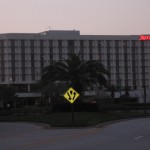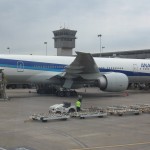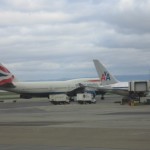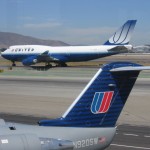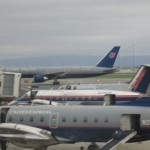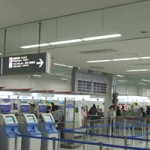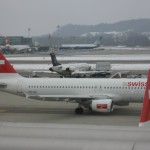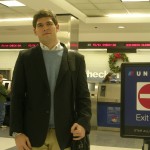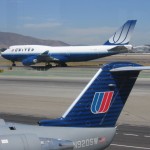U.S. should change ‘international airport’ designation policy
I’ve always been puzzled by the grand “international” designation of numerous small airports throughout the United States, just because they boast the odd flight to and from Canada.
While Canada is, indeed, a foreign country, this week’s incident with a Virgin Atlantic plane at Bradley Airport in Hartford, Conn., provides sufficient justification for my bewilderment. The image on the left is the official logo of the airport at issue, with the word “international” displayed very prominently. Yet, when the Virgin flight from London to Newark, N.J., was diverted to Hartford because of bad weather further south, about 300 passengers were forcibly confined to the aircraft for four hours without water or food…


